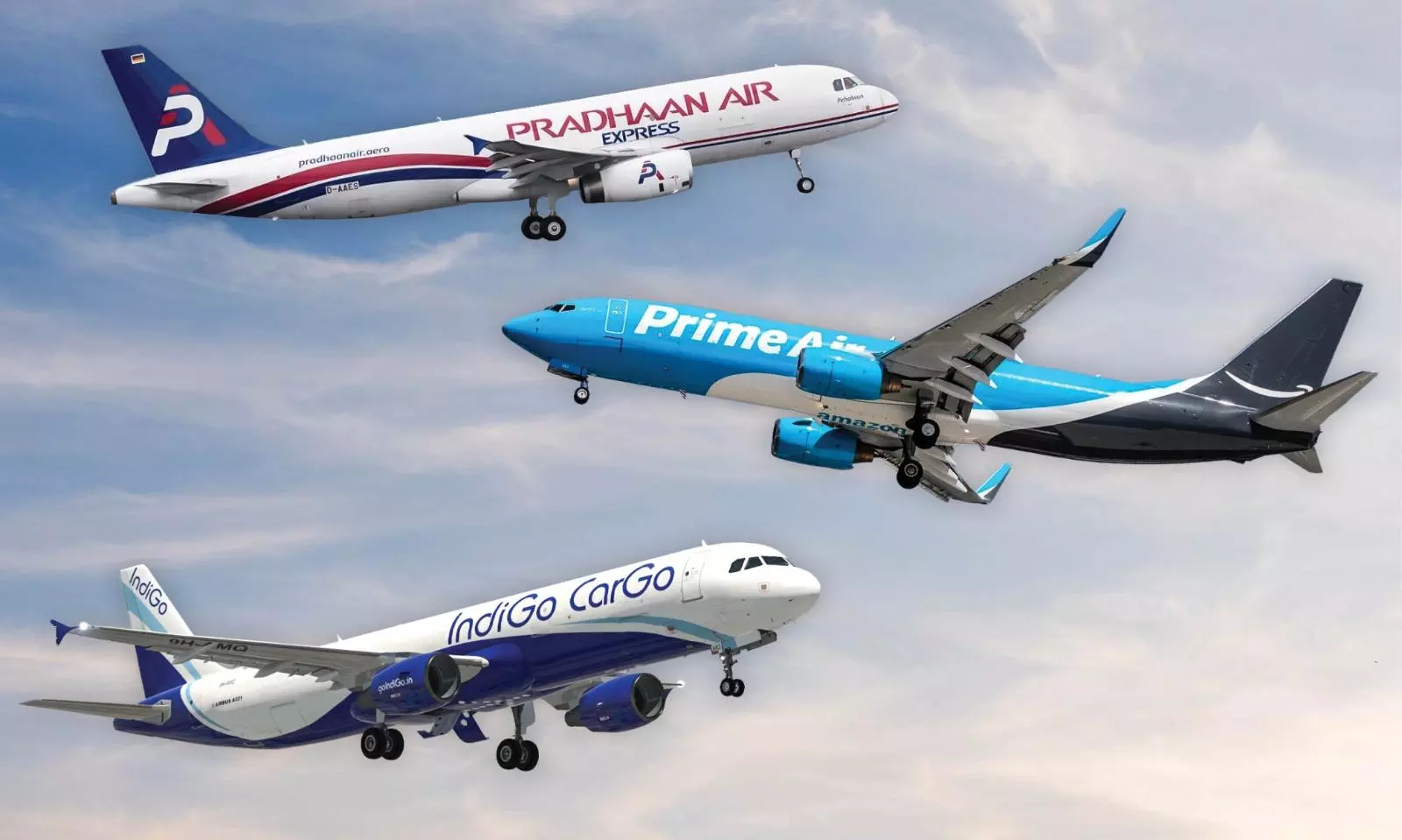Aviation, the art of flying, has revolutionized the way we travel and connect with the world. From commercial airlines to private jets, aviation has become an integral part of our modern society. However, like any industry, aviation has its own set of advantages and disadvantages. In this blog post, we will delve into the pros and cons of aviation, providing you with a comprehensive understanding of this fascinating field.
Pros of Aviation:
- Global Connectivity:
Aviation has made the world a smaller place by connecting people and cultures across continents. It has opened up opportunities for international trade, tourism, and cultural exchange. With the ability to travel long distances in a short time, aviation has facilitated economic growth and globalization. - Rapid Travel:
One of the most significant advantages of aviation is its speed. Airplanes can transport passengers and cargo at high speeds, reducing travel time significantly. This is particularly beneficial for business travelers who need to attend meetings or conferences in different cities or countries. Additionally, medical emergencies can be addressed promptly with the help of air ambulances. - Economic Impact:
The aviation industry plays a crucial role in boosting the economy. It creates jobs directly in areas such as pilots, flight attendants, ground staff, and aircraft maintenance technicians. Moreover, it generates indirect employment in related industries like tourism, hospitality, and manufacturing. The economic impact of aviation extends beyond the industry itself, benefiting local communities and national economies. - Technological Advancements:
Aviation has been a catalyst for technological advancements. From aircraft design and navigation systems to safety measures and fuel efficiency, the industry constantly pushes the boundaries of innovation. These advancements not only enhance the safety and comfort of air travel but also have a ripple effect on other sectors, such as automotive and renewable energy.
Cons of Aviation:
- Environmental Impact:
Aviation is a significant contributor to greenhouse gas emissions, primarily due to the burning of jet fuel. This has led to concerns about climate change and air pollution. Efforts are being made to develop more fuel-efficient aircraft and explore alternative energy sources, but the industry still faces challenges in reducing its environmental footprint. - Noise Pollution:
Airports and flight paths can generate considerable noise pollution, affecting nearby communities. The constant noise from aircraft engines can disrupt sleep patterns, impact quality of life, and even have adverse health effects. Noise reduction measures, such as soundproofing buildings and implementing flight curfews, are being implemented to mitigate this issue. - Cost:
Air travel can be expensive, especially for long-haul flights or during peak seasons. The high cost of aviation restricts accessibility for some individuals and limits their ability to experience the benefits of air travel. Additionally, the operational costs of airlines, including fuel prices and maintenance expenses, can be substantial, impacting the profitability of the industry. - Safety Concerns:
While aviation has made significant advancements in safety, accidents and incidents can still occur. Technical failures, human errors, and external factors like adverse weather conditions pose risks to passengers and crew. However, it is important to note that the aviation industry continuously invests in safety measures, training programs, and regulatory frameworks to minimize these risks.
Conclusion:
Aviation has undoubtedly transformed the way we travel and connect with the world. Its global connectivity, rapid travel, and economic impact are undeniable advantages. However, it is essential to address the environmental impact, noise pollution, cost, and safety concerns associated with aviation. By acknowledging these pros and cons, we can work towards a more sustainable and inclusive aviation industry that benefits both individuals and the planet.


